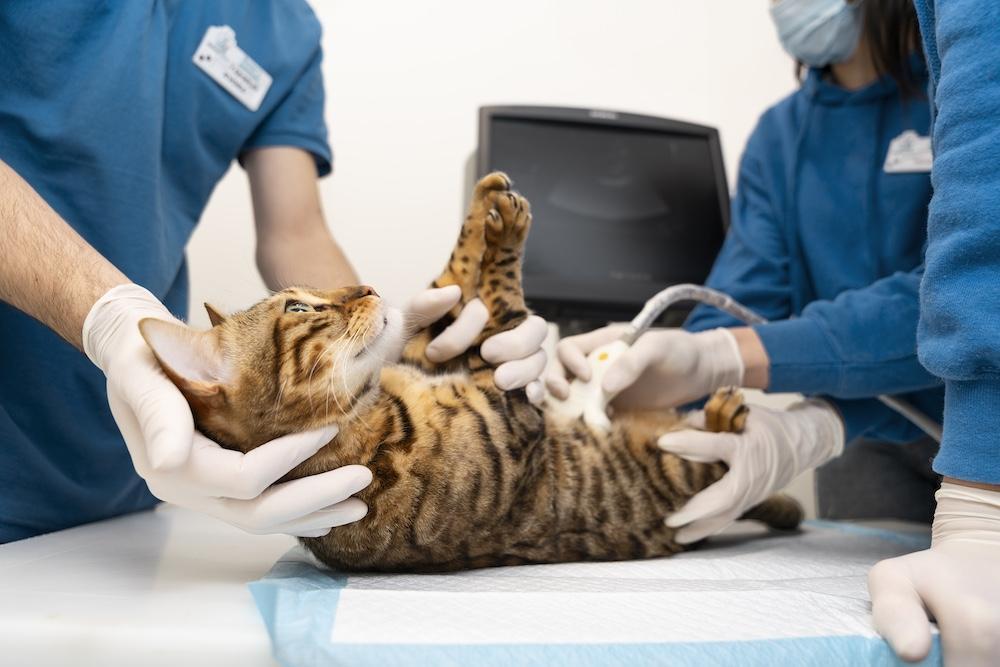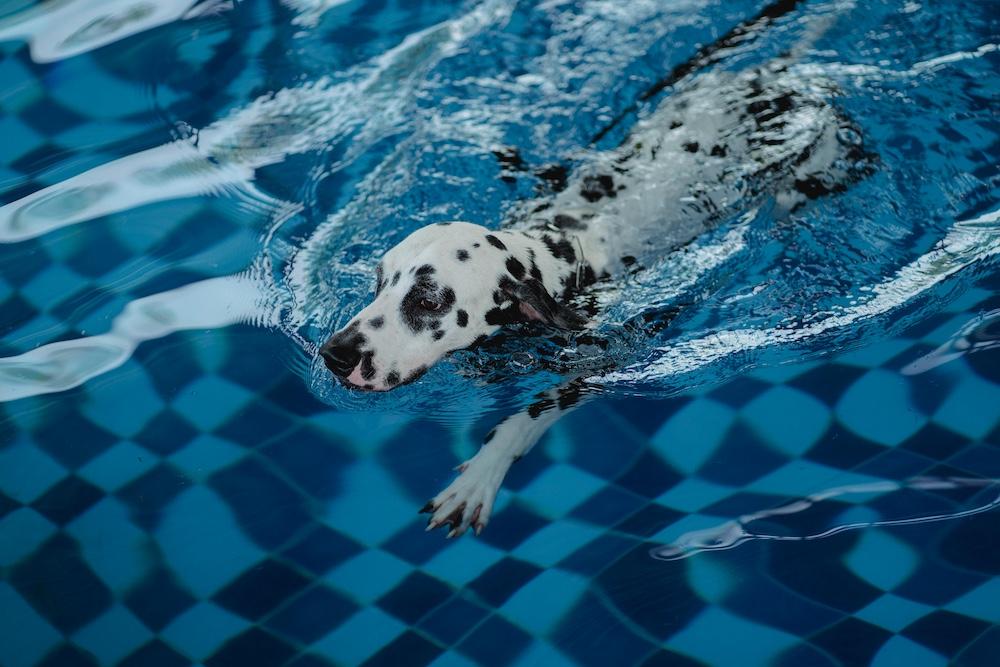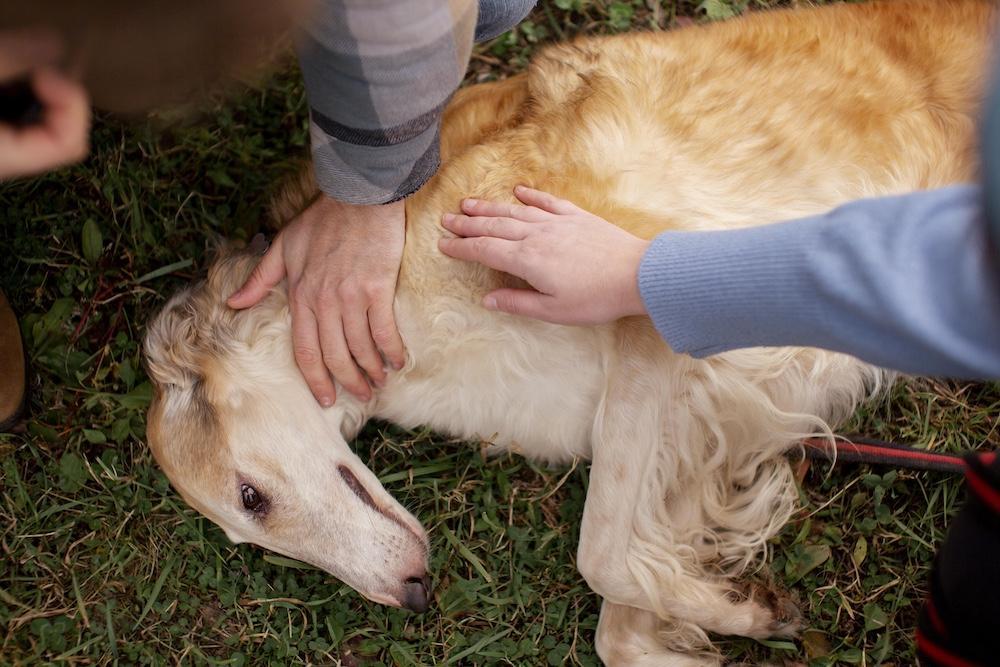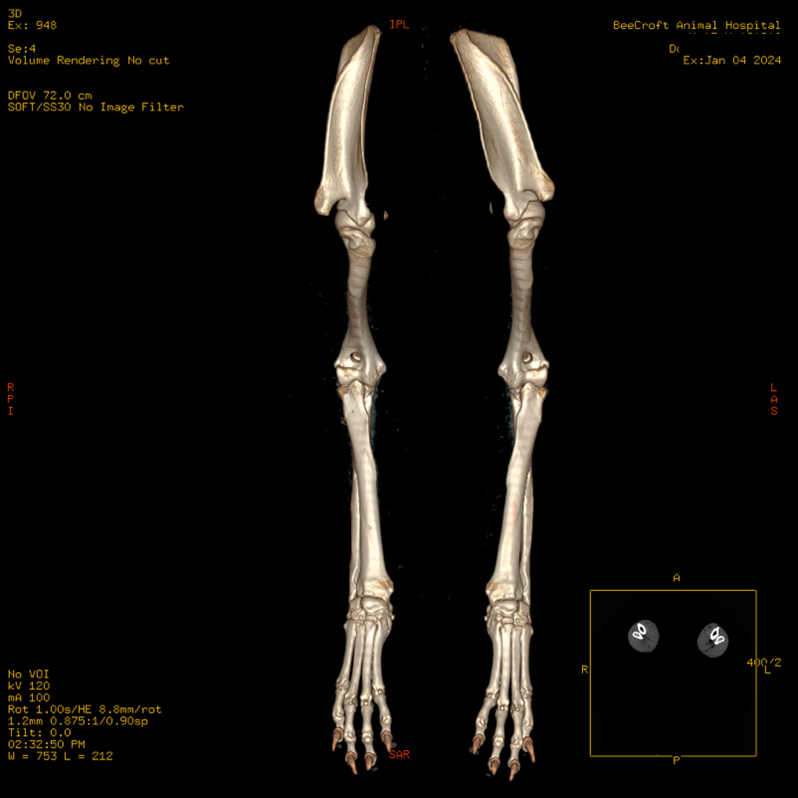Recognising neurological issues in your cat or dog is essential for their well-being. These problems, affecting the nervous system, can manifest in various ways across any age or breed. From sudden changes in gait to subtle behavioural shifts, knowing the signs is the first step toward timely and appropriate care. This guide will help you identify potential neurological issues in your pets, empowering you to seek professional veterinary attention when needed.
What are Neurological Issues in Pets?
Before we explore neurological issues in your pet, it’s helpful to know what veterinary neurology is. This branch of veterinary medicine focuses on the nervous system, which includes the brain, spinal cord, and peripheral nerves. Both dog neurology and cat neurology examine how disruptions within this intricate network can impact a pet’s overall well-being.
When any part of this vital communication system is compromised, a range of symptoms can emerge, directly affecting your pet’s normal functions and behaviour.
Common Signs of Neurological Problems in Pets
If you notice any of the following signs in your cat or dog, which may indicate neurological issues, prompt veterinary consultation is advised:
- Changes in Movement and Coordination:
-
-
- Abnormal gait (walking differently, stumbling, or wobbling)
- Weakness or partial to complete paralysis
- Dragging feet or “knuckling” (walking on the tops of their paws)
- Loss of balance, leaning or falling
- Tremors (involuntary muscle twitching) or seizures
-
- Changes in Behaviour and Awareness:
-
-
- Persistent head tilt or leaning to one side
- Circling compulsively or appearing disoriented
- Staring blankly into space or getting “stuck” in corners
- Significant changes in sleep patterns
- Confusion or an altered mental state (e.g., not recognising familiar people)
- Seizures (ranging from subtle twitching to full-body convulsions)
-
- Other Signs:
-
- Unusual eye movements (nystagmus — rapid, involuntary eye oscillations)
- Pain or discomfort when touched along the spine, neck, or back
- Sudden changes in appetite or elimination habits (e.g., incontinence)
- Uncharacteristic vocalisation or changes in temperament
Common Neurological Conditions in Pets
Some common neurological conditions seen in dogs and cats include:
- Intervertebral Disc Disease (IVDD): A condition where spinal discs bulge or rupture, pressing on the spinal cord.
- Stroke: Disruption of blood flow to the brain, leading to brain damage.
- Epilepsy: A disorder causing recurrent seizures.
- Brain or spinal cord tumours: Abnormal growths that can compress or invade nervous tissue.
- Infections: Such as meningitis (inflammation of brain and spinal cord membranes) or encephalitis (inflammation of the brain itself).
- Degenerative disorders: Progressive conditions that cause the nervous system to deteriorate over time.
- Trauma: Injuries to the spine or brain from accidents, falls, or other impacts.
When to Seek Veterinary Attention
If you observe any neurological signs in your pet, it is critical to seek veterinary care promptly. Neurological conditions can progress rapidly, and early diagnosis and intervention significantly improve outcomes.
Your primary care veterinarian is adept at assessing initial signs and conducting preliminary examinations and can recommend further diagnostics or specialist referral if the situation warrants a deeper investigation. Do not hesitate, as timely action is key.

The Role of a Veterinary Neurologist
When a pet’s neurological condition is complex or requires advanced intervention, a veterinary neurology specialist becomes an invaluable resource. These professionals possess extensive expertise and specialised training focused solely on the nervous system. They offer a range of advanced diagnostic tools and treatments crucial for precise care in pet neurology:
- Advanced Imaging: Including Magnetic Resonance Imaging (MRI) and Computed Tomography (CT) scans, which provide detailed images of the brain, spinal cord, and nerves.
- Cerebrospinal Fluid Analysis: Examination of the fluid surrounding the brain and spinal cord to detect inflammation, infection, or other abnormalities.
- Electrodiagnostic Testing: Such as Electroencephalography (EEG) for brain activity or Electromyography (EMG) for nerve and muscle function.
- Neurosurgery: Highly specialised surgical procedures to address conditions like spinal disc disease, brain tumours, or severe trauma.
Beecroft’s Neurology and Neurosurgery Services
At Beecroft Animal Specialist & Emergency Hospital, we are committed to providing advanced neurological care. Our dedicated team includes highly experienced veterinary neurologists who bring extensive expertise to diagnosing and treating a wide spectrum of conditions affecting the brain, spinal cord, and peripheral nerves.
We are equipped with state-of-the-art facilities that support advanced diagnostics and treatments, including in-house MRI capabilities and specialised neurosurgery. Accessing our specialised neurological care is typically through a veterinary referral hospital process initiated by your primary care veterinarian, ensuring seamless and comprehensive management. As a 24-hour pet hospital in Singapore, we are prepared for urgent neurological cases.
Understanding Your Pet’s Neurological Health
Now that you know what neurological issues are, recognising symptoms and disorders in your cat or dog is a critical aspect of responsible ownership. Vigilance for any concerning signs and swift action to seek veterinary care are essential steps toward securing a positive outcome for your beloved companion.
We encourage all cat and dog owners to consult their primary care veterinarian for any neurological concerns; they can provide initial assessment and guidance. If your dog’s or cat’s condition appears to have a complex nature or requires emergency care, please inquire about referral options to experts like those at Beecroft Animal Specialist & Emergency Hospital.





